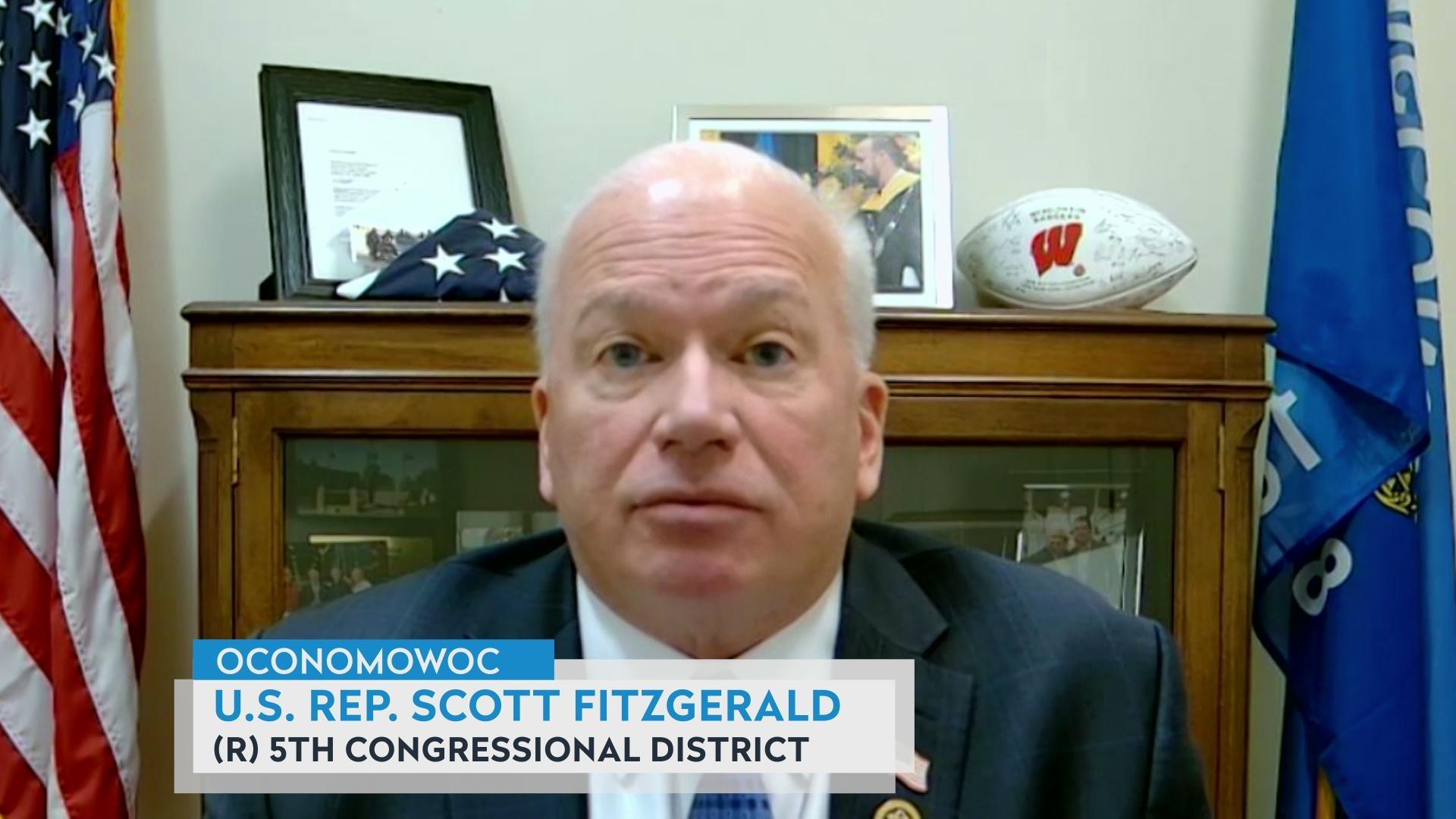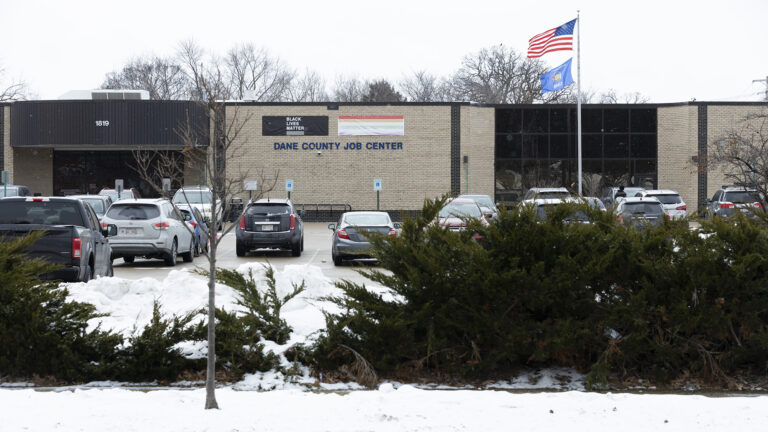J. Michael Collins on the US economy and low wage workers
UW-Madison La Follette School of Public Affairs professor J. Michael Collins discusses low unemployment, higher pay and stock market growth as economic indicators amid experiences of low wage workers.
By Nathan Denzin | Here & Now
September 3, 2024
VIDEO TRANSCRIPT
J. Michael Collins:
That's a great question about whether we're in a recession right now or not, and we're really not. But I mean, people need to understand that recession is really — we don't know we're in a recession 'til it's already started. It's like the rearview mirror, and we look backwards and we say, "Hey, the economy's not as good as it was." But there's no indication right now in terms of unemployment rates, which are, you know, as low as they were in 2019 — they're at 3%, in terms of what our gross domestic product is. And you know, in terms of how the economy is humming along, there's really no sign that we're in a recession right now. It is very clear during the COVID pandemic, a lot of people weren't able to work and there was a period of time when people were really, really strapped. And so things like the pandemic stimulus payments and those kinds of things did help in that time period. But we're pretty far out of the pandemic now. And so this economy seems to be humming pretty well, quite well.
Nathan Denzin:
So if the economy is humming quite well, there's another argument that you hear, especially on social media a lot, that it's the stock market is booming and these high earners are doing way better, but the lower-income earners who are struggling with grocery prices or rent or et cetera, are not doing as well. In Wisconsin, does the data back up that feeling, too?
J. Michael Collins:
Yeah, I think there's a lot to this sort of, sometimes we economists talk about this K-shaped recovery, so the K is one part goes way up, but the other part's going down. And so I think the stock market is a good example of that. The stock market's up on an annualized basis in the last four years, about 25%, so, you know, great returns for people who are in the stock market. The main way people are involved in the stock market is through their employer retirement accounts. About 70% of workers have retirement accounts and at the low end only about 20%. So low-wage workers are very unlikely to see any of that stock market growth that the higher income folks are achieving, and a lot of their jobs don't even offer a retirement. So even if they wanted to save at work, they couldn't. And so I think that's a good example of when the economy is humming and the stock market's growing. If you're not in the stock market, you don't experience that.
Nathan Denzin:
So have lower-income earners seen any growth in the last four years?
J. Michael Collins:
The truth is is the jobs market across the board has done very well since the pandemic. Now some of that has been, you know, coming out of the pandemic there was this almost shortage of employees and people were reluctant to go back to work, so there was a scramble and employer wages went up. And so the average worker today, I think on an hourly basis, is making about $6 more an hour than they were back before the pandemic. So that's a really good sign for workers. I mean, workers are able to find jobs and to earn more than they used to. The downside is inflation has also risen. So that extra $6, almost all of it's been eaten up by the cost of the stuff they have to pay for. So they probably feel about the same, even though on paper they are doing better.
 Passport
Passport











Follow Us